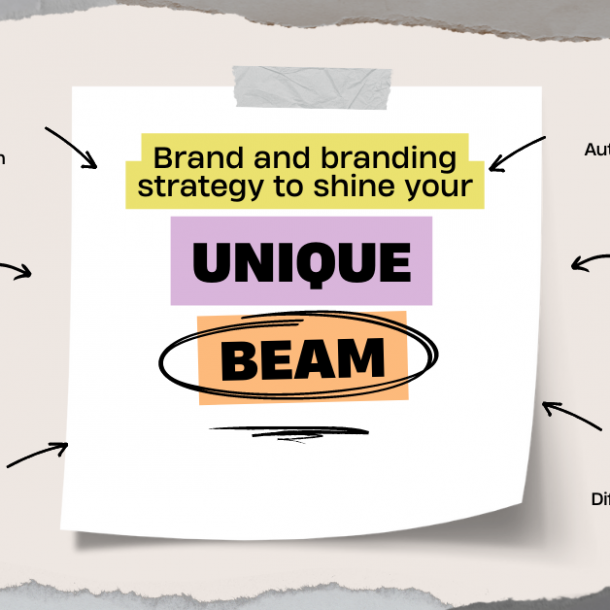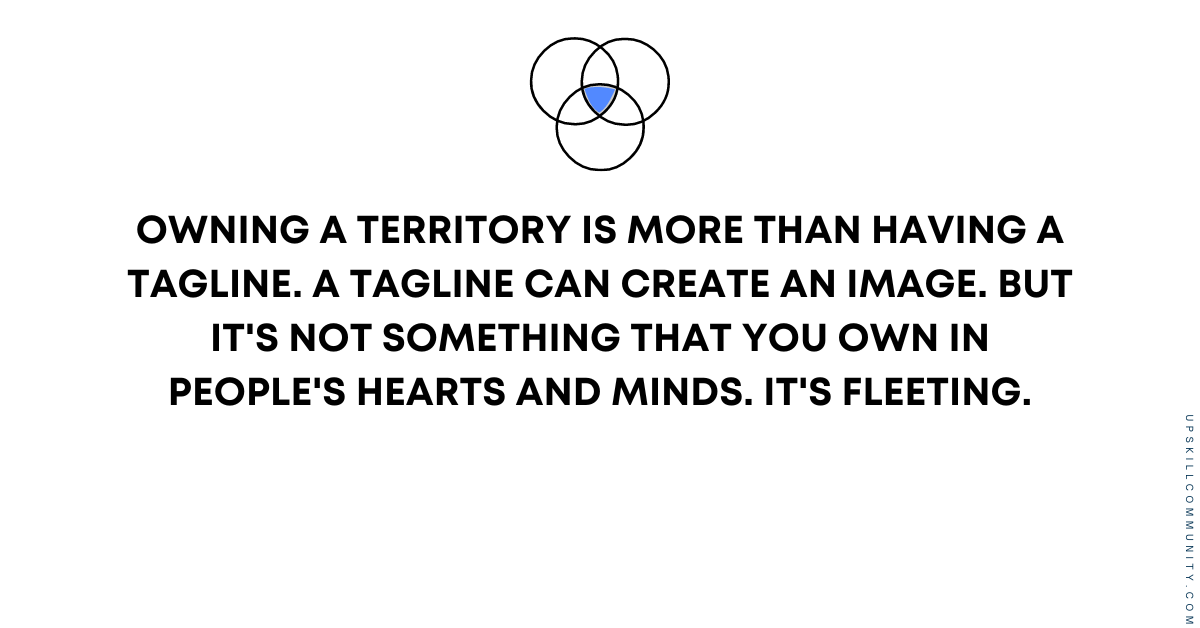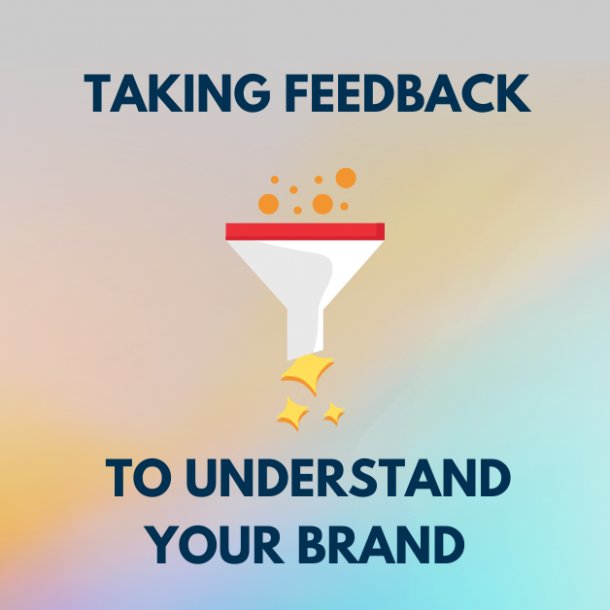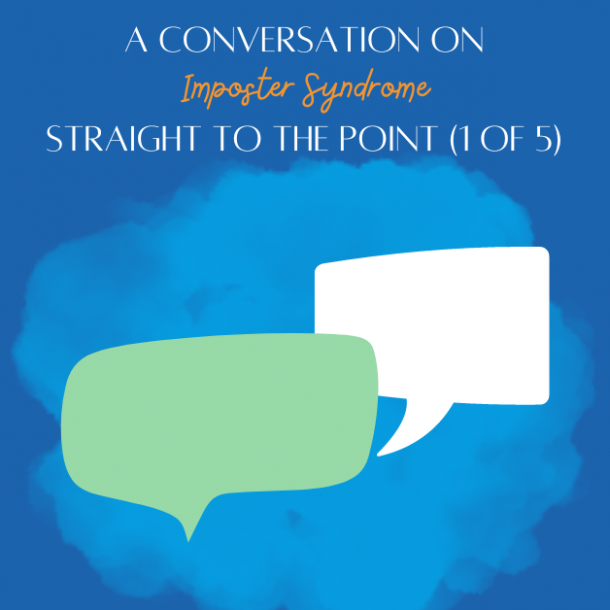
UpSkill: How to Create a Distinctive Brand
We are excited to share this final episode on your brand, branding and brand strategy. In this post, we will share the five components of your brand blueprint. The difference between a tagline and brand positioning. We will also discuss the three reasons brands fail, and how to own a territory in your customer’s mind.
In the last post, we ended with the metaphor of a lighthouse.
Lighthouses are purposeful structures that are built to last centuries in many instances. They’re built on foundations of solid rock and can withstand storms. They command a significant territory but they also cast a communicative, forward-reaching beacon out into the dark.
Like brands, lighthouses are completely unique. Every beam or beacon is different for every lighthouse. They have a unique rotating pattern, flash or colour.
Your brand must also be distinctive. Great brands have relevant, compelling promises that they keep. They differentiate on emotional platforms, they own territories in the mind and they have ideas that really resonate with their core group. That makes them distinctive, they tend to be singular. They’re consistent. They own a territory in the mind.
If you are an incredibly large, powerful brand, your territory you can own can be larger than if you’re a small, weak startup. And the rule applies even for the greatest brands with the biggest budgets in the world. Define the territory in the mind you want to own, then own it.
 Part of owning a territory in the mind is keeping your promises to consumers. Most of the reasons brands fail are tied to their promises.
Part of owning a territory in the mind is keeping your promises to consumers. Most of the reasons brands fail are tied to their promises.
Brands can fail if they don’t keep their promises.
Or they make irrelevant promises, or their promises become irrelevant over time.
Or they’re inconsistent in their promises. So they deliver well at sometimes or in some places, but not across the board. There is no consistent benefit to stakeholders.
So part of being successful, is knowing what you promise to customers. Peter says 75% of the clients he works with would struggle to say, “That’s the word we own.”
Some brands are significant to a group of people and completely irrelevant to others, and that is OK. One of the biggest mistakes brands make, especially startup brands and smaller brands, is trying to please everybody, and also, sometimes consciously trying not to alienate others.
Define your brand blueprint.
There are five key components to your blueprint, the heart of which is your promise, which is the overarching commitment you make to stakeholders that creates an expectation that you will fulfill.
The benefit forces you to get into your customers’ or stakeholders’ shoes and say, “What benefit do they derive from you successfully delivering against your promise.
The spirit is the way in which you deliver it, your culture. And more often than not, that’s what differentiates you from everybody else, particularly in a category where you are delivering things that other people do. Clothing and apparel will be differentiated by attitude. It’s not necessarily the quality of the cotton that you’re printing on. It’s the attitude of your slogans and your statement, and then look and feel, that make you stand apart.
Attributes and assets are things or icons that create an image of the whole that become intrinsic to your brand. They’re valuable and they’re recognizable.
The role, ultimately is the biggest thing and the hardest thing to articulate, which is actually why you exist, and the role that you play in stakeholders’ lives. If you’re a personal brand, it’s the role that you play to serve others. And if you’re a corporate brand, it’s exactly the same. It’s why you exist; ultimately to serve others or provide a service for others.
You really do need to understand what the current perceptions of your brand are with your stakeholders and with your desired prospects. Where your key challenges and opportunities are. What is your promise? Is it relevant? Is it credible? Is it compelling? Interesting people? And is it differentiating you from your competitors?
There are so many good quotes on brands, but this is probably the best one: “Ultimately a brand is the things others say about you when you’re not there.”


